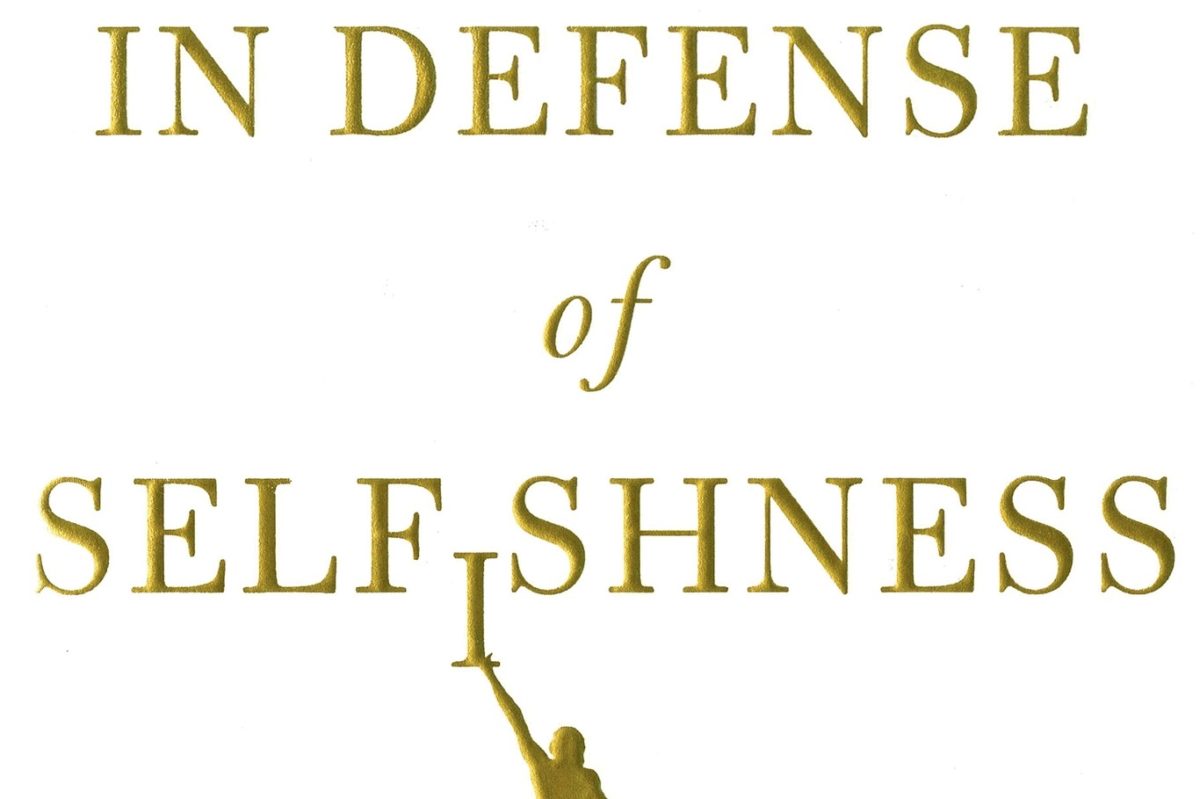At the Veterans of Foreign Wars National Convention on August 22, President Bush spoke about the lessons of World War II, arguing that the U.S. occupation of Japan serves as a model for the current conflict in the Middle East. But the terrible state of the Iraq War makes it clear that he has not learned those lessons himself.
Here’s what happened in WW II: On December 7, 1941, the United States was attacked by Japan, a nation of suicidal and religiously motivated warriors. Less than four years later, the Japanese Emperor Hirohito—his country in ruins and his people utterly demoralized—surrendered unconditionally. The subsequent U.S. occupation of Japan met little resistance, and state-sponsorship of the national Shinto religion was suppressed, allowing a smooth transition into a new government. The two countries have since become allies.
By contrast, it’s now been over four years since the Iraq War began, and the death toll continues to mount. Judged by the standard of World War II, Operation Iraqi Freedom has been an abysmal failure. Our lack of success is underscored by the fact that our military is vastly superior to the Iraqi opposition. The Japanese were a much more formidable foe, and yet the U.S. was able to achieve complete victory against them in less than four years. What is the difference?
The difference lies in the moral philosophy guiding our nation’s leaders. WWII was a war of self-preservation, waged to protect the lives and interests of U.S. citizens. It would have been considered treasonous to call the U.S. operations in Japan, “Operation Japanese Freedom”. Securing freedom for Americans, not the Japanese or German people, was the purpose of the war. That purpose guided every American decision, from which weapons to use to which constitution to impose on the defeated enemies. Even the U.S. reconstruction efforts in Japan after the war were aimed at keeping the Japanese permanently non-threatening.
What is the goal of the Iraq war? Is it to secure American freedom and relentlessly punish those who threaten it? No: “Our men and woman are fighting to secure the freedom of [Iraqis],” Bush has declared. Bush’s aim is not to secure American freedom, but to engage in a worldwide crusade for democracy.
The moral foundation of this goal is the ideal of altruism. Altruism is a moral code which judges an individual, or a nation, by the standard of how much one sacrifices to others. As an altruist, Bush believes that morality requires America to sacrifice for other nations. It requires that American soldiers be slaughtered in order rain gifts on the Iraqis.
One can see the stamp of altruism all over Operation Iraqi Freedom, from the publicly touted goals of the war, to the methods used to wage it. From the very beginning, U.S. forces have taken great care to minimize damage to Iraqi civilians, infrastructure, and even feelings. The rules of engagement forbid U.S. soldiers from attacking mosques—which our enemies often use as bases of operations—in order to avoid offending Iraqi religious sensibilities. New recruits must endure Islamic sensitivity training before they are deployed. All the while, American soldiers keep paying the price for these policies with their lives.
The U.S. military is functioning more like the Peace Corps than an occupation force. Allied soldiers build bridges, dig toilets, and secure public markets for Iraqi use. Many U.S. forces are engaged in protecting and supporting the impotent Iraqi government. As allied soldiers face daily attacks from insurgents, Iraqi politicians—some of which explicitly support the insurgents—bicker over which faction should benefit most from state-owned oil production.
These altruist goals and methods necessarily conflict with the goal of national self-preservation. Iraqi insurgents—and terrorists around the world—are emboldened by every sacrifice offered to the Iraqi people. They hide in mosques and disappear into the civilian population, knowing they will not be pursued.
The true lesson of WWII is this: in order to defeat a powerfully motivated enemy, a nation must fight proudly and openly for its own self-defense, doing whatever is necessary to secure victory. And we must understand what victory truly means: the unconditional surrender of the enemy and the destruction of his ability to wage war.
A nation can either fight to defend its own citizens (as we did in WWII), or sacrifice for the benefit of enemy civilians (as we are doing in the Iraq War), but not both. If America is to enter a war, it should be for one reason only: to eliminate foreign dangers to American freedom. We should identify any threat to our national security, annihilate it as quickly as possible, and then bring our soldiers home.
Dan Edge is a 29-year old small business owner living in Pomona, NY. He earned his BA in Philosophy from the University of South Carolina, and he is currently a Sophomore at the Objectivist Academic Center.




